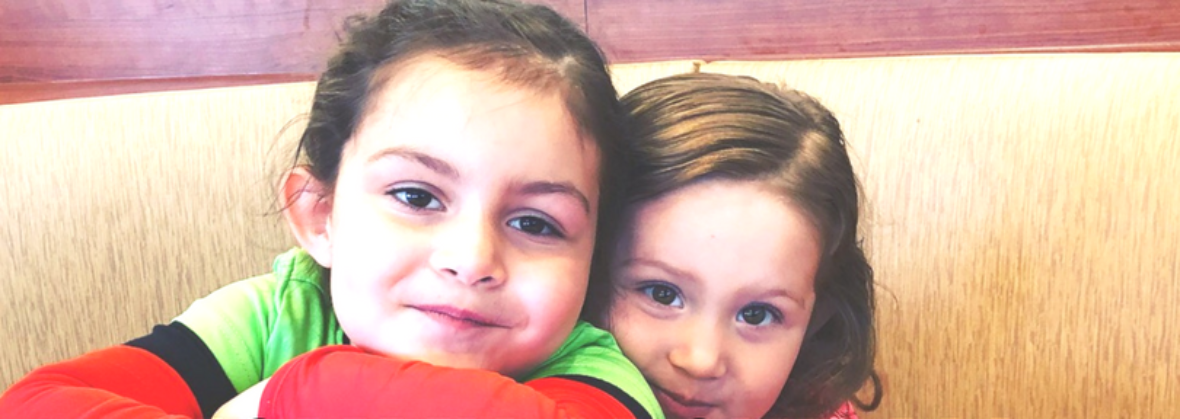What is Depression & Who Does It Affect?
One of the most common issues that I see as a therapist is depression in teens and young adults. According to the National Institute of Mental Health (NIMH), 2.8 million adolescents between the age of 12-17 had at least one major depressive episode in 2014. That is more than 11%! It affects people in different ways, but most of them experience depression in some combination of the following symptoms: sad mood, feelings of emptiness or worthlessness, fatigue, changes in appetite, loss of interest in normal activities, difficulty with focus and concentration, anger and irritability, restlessness, sleeping too much or not enough, somatic symptoms [like chronic pain, headaches, stomachaches], thoughts or preoccupation with death or suicide.

What Can We Do?
Of course it is normal for adolescents have mood swings an be irritable at times. However, if your child is extremely irritable, has ongoing issues getting motivated, or has persistent sadness that lasts 2 weeks or longer, it’s a good idea to have him or her evaluated for depression. If you are unsure whether or not your teen is exhibiting any of these symptoms and you have good communication with your teen, try talking to them about it. They may even be willing to fill out a 6 item Kutcher Adolescent Depression Scale (KADS-6) (available here for free. It is very easy to use and has information about scoring on the bottom.
If your teen scores high on this scale or you have suspicion that they are depressed, you can research local mental health agencies in your area to set up an initial evaluation where a licensed professional will evaluate your child and provide you with a recommendation for a course of treatment. Cognitive Behavioral Therapy (CBT) is an effective treatment for young people with depression. It is one that I utilize with many of my clients who suffer from depression and anxiety.
Recovery
Most kids recover from depression, but research does show that people who have depression are more at risk for having another occurrence later on in life. CBT can help kids recognize the signs of a depressive episode and they can monitor their symptoms and can get help quickly if they experience it again.
If your child is self-harming or is expressing thoughts of suicide, do NOT wait to get help. If you are worried about your child’s safety, dial 911 or you can contact the National Suicide Prevention Lifeline at 1-800-273-8255 to talk directly to a professional or you can take them to the local emergency room to have them evaluated by a crisis professional.
Depression does not have to be some taboo topic – let’s make it a part of the conversation.

